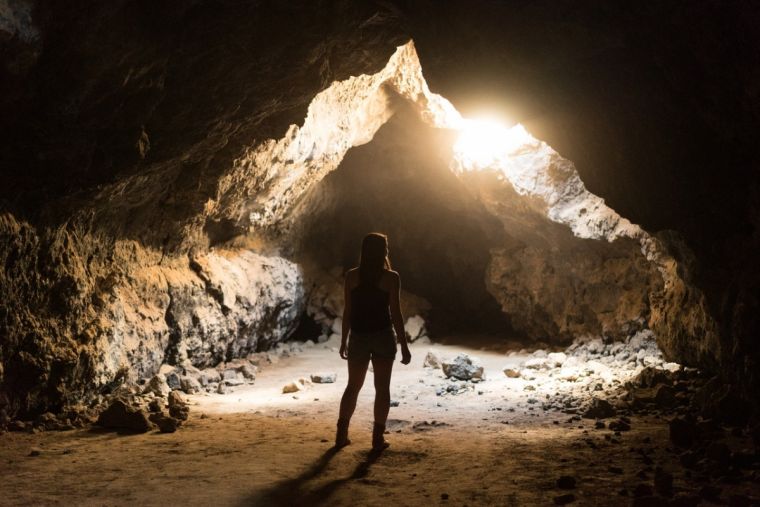Roman stables in area where Jesus preached are unearthed by family after digging in their garden

Ever wondered about the place where Jesus Christ preached in Israel? Jesus' life has been an object of curiosity and wonder for many people, but a little piece of the mystery was unraveled recently when a family digging in their garden unwittingly discovered complex underground stables believed to be in the area where Jesus shared His message.
The family living in the Israeli village of Eilabun have unearthed an important part of history when they discovered the stables, which were hewn into the soft rock in Roman times 2,000 years ago, according to Newsweek.
The entrance to the stables has remained hidden nine feet below the ground, which used to be the surface level. But years of accumulated slit and dirt have covered it from view.
Archaeologists have since then taken over the spot. Nir Distelfield, head of the project, told Haaretz that the man-made caves were also used for storage because of the remnants they found there. The biggest indicator that the rooms were used to house livestock are the holes chiseled into the cave walls. He explained that the animals were tied to the carved holes that formed a handle, and a stone trough was placed below them for food and water.
The archaeologists learned that the caves dated back to the first century A.D., which is around the time Jesus lived in the area. Unfortunately, further chance to discover more about the caves is limited because of the robbery and pilfering at the site.
Archaeologists said the stables were already roughed up before they arrived, and individuals gouged out certain sections of the rock in the hopes of finding more artifacts. "The looters weren't archaeology experts," Distelfeld said. "When they saw a chamber, they started to deepen it, breaking the rock itself, thinking they would find other interesting stuff."
Authorities have so far arrested two people involved in the robbery, but they are refusing to cooperate with the archaeologists. "The thieves may have found other things, but they won't tell us," Distelfeld added.











